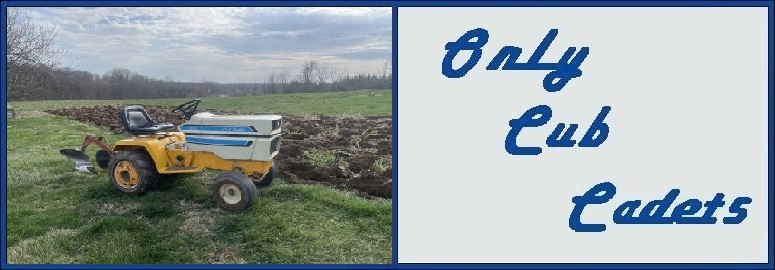
 |
Quote:
I also saw a man die once from breathing in something he shouldn't have-turned out to be anhydrous ammonia. I knew you shouldn't inhale that stuff, but I had no idea how fast it'll drop a guy. I worked in the oil industry for a time, and they'd tell stories of guys trying to save one another and just dropping like flies one by one. Needless to say, I'm very concerned about putting things in me I don't understand. |
Quote:
|
John, it is a double edged sword.
If you go tubeless there is a small chance it will eat the rims. if you tube them, the chloride stays in the tube. Real life dictates otherwise tho'. Say a tire picks up a puncture,deep enough to get the tube that is loaded. A lot of times it is a small one and it goes unnoticed and the corrosion begins between the tube and tire, after time the rim is destroyed, but it does take years. Also the brass cores eat up no matter what, and need replaced periodically. but they go unnoticed especially if the cap is tight. Then you go to air up a low tire and you have a mess to contend with. After you get the core out and replaced it or replace the 2 piece stem/core and air it up, you have gotten Chloride into the rim around the stem hole, and the corrosion has started. A lot of farmers do not do their own tire work, they call the tire service people and a kid comes out, pumps out the tire, replaces the tube and refills it with Chloride. The rim remains untouched to continue to corrode. They mostly do not take the rim off the tractor, just break the beads and remove the outside of the tire, replace the tube and refill. I have always done my own tires and will continue to do so, till I no longer am physically able. That way I can address issues properly. I am not a full time farmer so I can do this,the full time fellows cannot, unless it is the off season. Hope this helps explain it. |
Once I came along, the tractors (tires) were too big for us to change (fortunately). But a neighbor was a Safemark dealer so we just called them whenever we had a flat rear. He used a PTO pump to remove the fluid and then hand broke the tires---the guy that did the work was one of the biggest men I ever knew. Anyway, that's all history now. Fast forward to this fall, noticed a wet streak on a tire on the 4020 once we got through baling one afternoon. I had to call in someone new. Their tire tech had the tire off the rim in well under an hour dad said--including pumping fluid out. Then he had to pull the rim and take it to a weld shop to have the hole repaired--rusted out pretty bad. I think they had it fixed by the next afternoon. Cost me a little over $500, not too bad considering it was 2 trips here, 2 trips to the weld shop, and a new tube and anti-freeze. Besides, what else was I supposed to do, I work full time so I can come home and play farmer. :biggrin2:We've been watching that rust spot on the rim for 20 years. I imagine all the rust began 30-40 years ago from leaking tires, flats that weren't completely dried out, etc.
I guess my question now, why use calcium chloride? Around here they use very little anti-freeze in tires, so any cost savings would not be worth the corrosion risk/headache? Only thing I can figure is the northern climates need so much more anti-freeze. To keep this thread Cadet friendly, I saved some antifreeze I drained from a tractor engine a while back. I plan on putting tubes in my 2072 and diluting the solution with water. Hopefully this will eliminate all the spinning that machine is prone too. My kid got so ticked off at it one day he parked it and went and got the 128. That's my boy, when all else fails go old school! |
Quote:
A lot of farmers are going beet juice, it stinks and is pricy a bit, but no corrosion. I use drained antifreeze from equipment or Windshield fluid in the cubs. sometimes mix it if I don't have enough of either. My theory is some antifreeze mixed with WWfluid should help stop the corrosion that WWfluid causes |
Quote:
Dad has fluid (calcium) filled wheels on his Farmall H for years w/ no problems of corrosion. One time he parked it with the valve stem down and us kids were messing around near it and busted the stem off. I was sprayed with salt water (so not by choice I know what it tastes like haha) It kept coming out so bad that mom called Dad at work and was freaking out cuz she didn't know how to stop it. I stuck a screwdriver in it and fixed that till he got home and put in a new valve stem. I think I was like 12. |
Quote:
|
Quote:
http://www.messicks.com/blog/liquid-tire-ballast-chart |
I'm thinking more of a freeze factor than weight.
|
| All times are GMT -4. The time now is 04:27 PM. |
Powered by vBulletin® Version 3.8.11
Copyright ©2000 - 2025, vBulletin Solutions Inc.